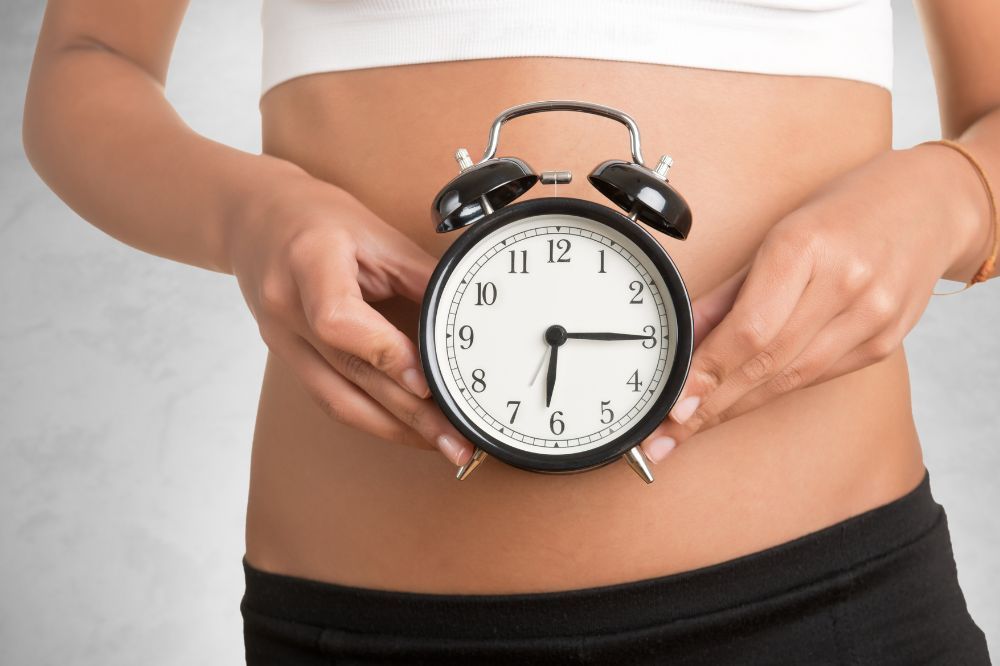How to Track Fertility
Women go through hormonal changes that can affect whether pregnancy occurs. Your fertility window refers to the time during your menstrual cycle when pregnancy has the best chance of happening. Usually this means the five days before you ovulate, the day of ovulation and the following day. Knowing how to track fertility helps you pinpoint the days of the month when you have the best chance of being able to conceive.
The team at the Center for Reproductive Health is committed to helping patients understand what actions to take that may help increase fertility.
What Happens During the Menstrual Cycle?
The first day of your period is considered the first day of your menstrual cycle. If you have a 28 day cycle, about two weeks after the cycle begins, hormones cause follicles to begin to develop into a fully mature egg in one of your ovaries. When you ovulate, the mature egg is released and it travels down your fallopian tube and is ready for fertilization by a sperm. At this point in your cycle, the lining of your uterus prepares to have a fertilized egg implanted by getting thicker.
Knowing When Your Ovulating
Determining when you’re ovulating lets you know when you’re most fertile and the best time to have sex if you’re hoping to conceive. There are a few tracking methods, which include:
- The calendar method. This method is used to track how long your menstrual cycle usually is over the course of several months. The length of your cycle is the number of days between the day your period starts to the first day of your next period. This can help you identify the time you’re most likely to ovulate, which is typically around 14 days before the next cycle begins.
- Basal body temperature method. A basal thermometer measures your body temperature to a tenth of a degree. Take your temperature each morning and record your daily temperature for at least three months. When you ovulate, your basal body temperature rises by approximately 0.5 degrees Fahrenheit. Tracking your daily basal body temperature for a few months can help you identify your pattern of ovulation.
- Cervical mucous method. When vaginal mucous is heavy and wet, it’s a sign that you’re ovulating. Your fertility specialist can help you have a clearer understanding of this method and the best way to track this information.
For the most accurate prediction of ovulation, use all of these methods simultaneously. These methods may not work if your periods are irregular. Menstrual cycles are usually between 21 and 35 days. If your cycles are longer or shorter than that or if they vary by more than a few days each month, talk to your fertility specialist. Irregular periods may be a sign of a hormone imbalance.
Tracking fertility may help you achieve a successful pregnancy. Reach out to the experts at the Center for Reproductive Health for additional help tracking ovulation and to learn what else you can do that may help improve your chance of conceiving a baby.









